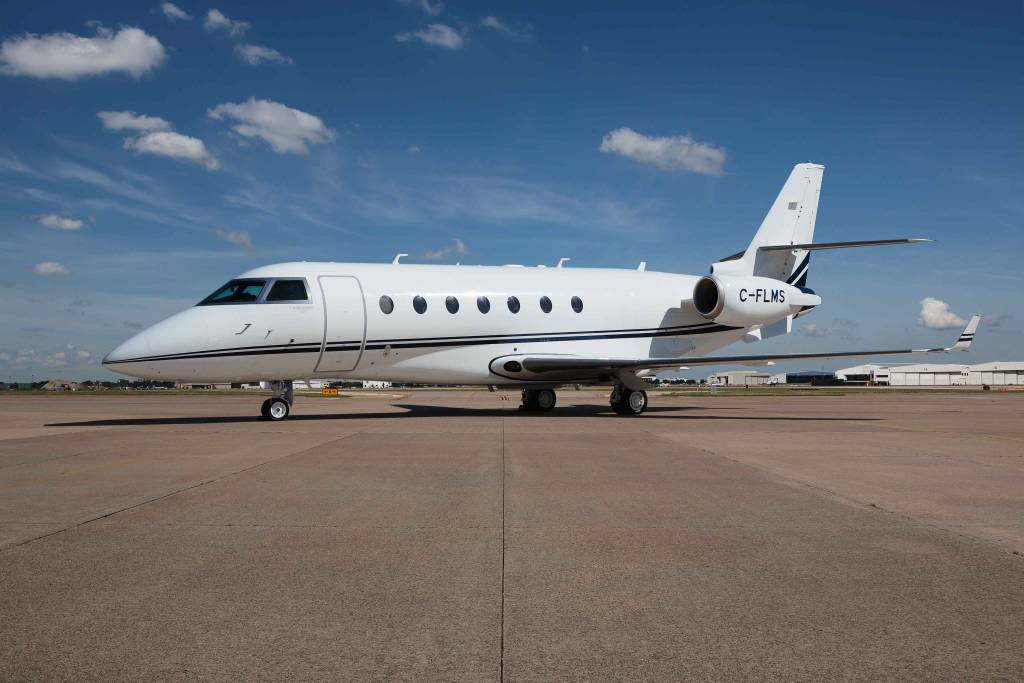The term “cyberattack” is more common these days. Be it in fiction or everyday life, there is an ongoing and strengthening concern that a country, group, or individual could implement an IT-based attack that could can take down power grids or financial markets. The aviation world is no exception to these types of security vulnerabilities.
Aviation security has been a primary concern since the 9/11 attacks. In fact, the number of businesses with private aircraft for corporate travel has increased ever since. While industry insiders have made physical precautions to secure cockpits and passengers the norm over the last 15 years, they’ve only started to address increasing aircraft cyberattack possibilities. During the 2015 Global Connected Aircraft Summit, a number of security experts discussed cybersecurity issues for the technology-heavy avionics industry and Air Traffic Control (ATC) environment.
There are presently three main foci for aviation security: aircraft themselves, their data systems, and their communications system types. In digital communications, there are three types of setups. Closed communications between aircraft pilots and ATC controllers are normally via very high frequency (VHF) or satellite. Private communications cover maintenance data and manifests, normally via Wi-Fi or USB. Aircraft passengers utilize Wi-Fi or digital movies through public access.
Challenges
 Though it may seem the biggest vulnerabilities are at the private and public levels, closed systems are also at risk. In 2015, ethical hacker Chris Roberts claimed to have broken into the Thrust Management Computer on a United flight, according to the Avionics article. Other experts have claimed large holes in connections between flight ops and in-flight entertainment. Plus, the airline industry tends to have a hard time keeping up with the continually rapid pace of technology.
Though it may seem the biggest vulnerabilities are at the private and public levels, closed systems are also at risk. In 2015, ethical hacker Chris Roberts claimed to have broken into the Thrust Management Computer on a United flight, according to the Avionics article. Other experts have claimed large holes in connections between flight ops and in-flight entertainment. Plus, the airline industry tends to have a hard time keeping up with the continually rapid pace of technology.
Legacy systems are also security challenges. Though not an attack, Delta’s system uptime failure in 2016 resulted in a practical shutdown of all its services. This potentially means easier access for others to hack in and do the same thing. Many airline leaders are looking to upgrade their systems as a result.
Solutions

[su_button url=”https://www.l-lint.com/aircraft/gulfstream-g200/” target=”blank” style=”3d” background=”#F25720″ center=”yes” radius=”round” icon=”icon: arrow-circle-right” text_shadow=”0px 0px 0px #000000″]View Gulfstream G200[/su_button]
Airline industry insiders are aware of these issues and have taken means to secure passenger and crew safety. For example, they introduced layered security on hardware, software, and networks to ensure data and communications integrity, according to the Aviation Week article. They also applied advanced analysis tools to enhance security. In addition, product manufacturers go through rigorous security testing processes to ensure privacy and lessen attack risks.
Though this may all sound scary, many experts believe those in the industry are doing all they can to secure passengers and airlines from malevolent activity.
Thanks to the privacy of business aviation, the friendly skies are still one of the safest ways to travel.